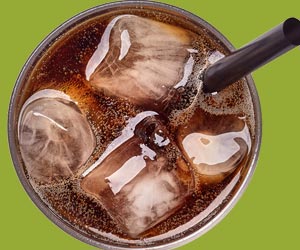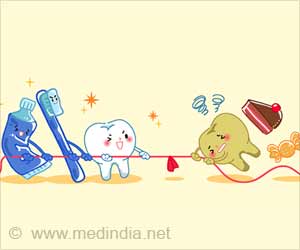Artificially sweetened drinks such as soft drinks, diet sodas, juice, or coffees are linked to the same risks for heart health as their sugary counterparts, reports a new study.

In this paper, researchers looked at data from the French NutriNet-Santé cohort to investigate the relationship between the risk of cardiovascular disease and consuming sugary drinks and artificially sweetened drinks.
Records for 104,760 participants were included. They were asked to fill out three validated web-based 24-hour dietary records every six months. Artificially sweetened beverages were defined as those containing non-nutritive sweeteners. Sugary drinks consisted of all beverages containing 5% or more sugar. For each beverage category, participants were divided into non-consumers, low consumers, and high consumers.
Researchers looked at first incident cases of cardiovascular disease during follow-up from 2009-2019, which were defined as stroke, transient ischemic attack, myocardial infarction, acute coronary syndrome, and angioplasty. After excluding the first three years of follow-up to account for potential reverse causality bias, 1,379 participants had first incident cases of cardiovascular disease. Compared to non-consumers, both higher consumers of sugary drinks and of artificially sweetened beverages had higher risks of first incident cardiovascular disease, after taking into account a wide range of confounding factors.
In addition to a higher risk of heart health issues, Eloi Chazelas, Ph.D. student, lead author of the study, and a member of the Nutritional Epidemiology Research Team (Sorbonne Paris Nord University, Inserm, Inrae, Cnam) said the study might have further regulatory implications.
"Our study suggests artificially sweetened beverages may not be a healthy substitute for sugar drinks, and these data provide additional arguments to fuel the current debate on taxes, labeling and regulation of sugary drinks and artificially sweetened beverages," Chazelas said.
Advertisement
Source-Eurekalert















